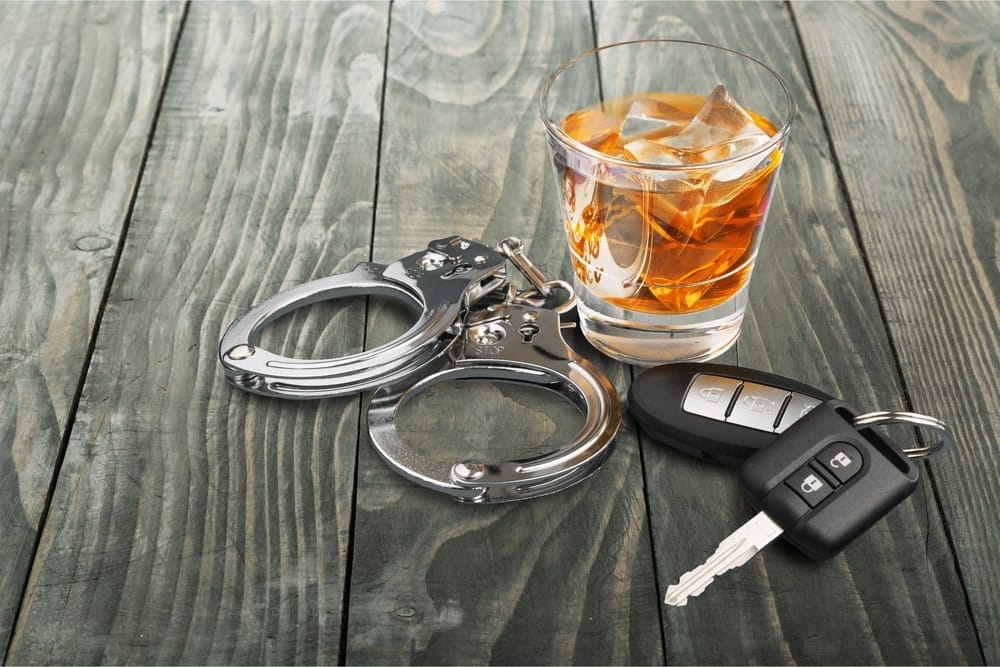Some laws are “per se” laws. They make something illegal because of what it is, regardless of whether it’s actually dangerous, or not. For example, it’s per se illegal for companies that are supposed to be competing with each other to fix the price of what they sell or do. This violates the U.S. antitrust laws, and is considered a form of white collar crime.
However, you don’t have to be an international conglomerate making back room deals to suffer the deleterious effects of per se laws.
Call 207-571-8146 or contact us online to schedule a consult with one of our highly skilled criminal defense & OUI lawyers, serving Southern Maine, today.
Per Se OUI Laws in Maine
Operating under the influence (OUI) is another example of a per se law. In Maine, you commit the crime of OUI if you drive a car while under the influence of drugs or alcohol. You’re considered to be “under the influence” if you have a blood alcohol content (BAC) or 0.08% or above. This makes OUI laws per se laws because, once you’re shown to have a BAC of 0.08% or above, you’re considered intoxicated by law, regardless of whether you’re too impaired to drive. Driving while drunk is the dangerous act – driving with a BAC of 0.08% or greater is not necessarily dangerous but is in fact, illegal.
Understanding what per se laws are, and that OUI is a per se law, is important because different people get intoxicated at different BAC levels. Some people don’t get drunk quickly, and can have a BAC higher than 0.08% and still be almost completely sober. Others can’t hold their liquor as well, and are falling over even though they’re well beneath the legal limit. Per se OUI laws don’t address this difference. All that matters is whether your BAC is at or above 0.08%, and whether you’re driving a car. If this is the case, you’re driving under the influence. It doesn’t matter how drunk you feel, or how well you can drive.
Per se laws, including an OUI, can also be hard to defend against. By focusing on whether your BAC was at or above the legal limit of 0.08%, and not paying attention to how intoxicated you were, or whether you were able to control your vehicle, it’s much easier to show that per se laws have been violated. If you get pulled over and take a breathalyzer test, and it says that your BAC is 0.10%, if won’t matter that you didn’t feel drunk at all. A per se OUI law doesn’t address whether you were feeling “drunk” or “sober,” “buzzed” or “hammered” – it only addresses the issue of whether your BAC was at 0.08% or above when you were driving.
However, there is a light at the end of the proverbial tunnel. Maine’s per se laws say that a .08% BAC or greater alcohol level is prima facie evidence of intoxication. That means that the State need only introduce evidence showing your BAC level, usually through the introduction of the OUI Intoxilyzer result. That evidence is rebuttable, meaning that the driver (or his attorney) can introduce any evidence to cast doubt on the reliability or accuracy of the Intoxilyzer result; which means the jury is free to give the BAC test result zero weight if they so choose.
Because of this, per se laws can be unfair. By making it illegal to have a certain characteristic, in the case of OUI laws, a BAC of 0.08% or above while driving, a charge for violating a per se law can be difficult to defend against. You’ll need a defense attorney with experience and a record of success in the field. William T. Bly at The Maine Criminal Defense Group has both. Contact us directly online or call us at (207) 571-8146.
Call 207-571-8146 or contact us online to schedule a consult with one of our highly skilled criminal defense & OUI lawyers, serving Southern Maine, today.
OUI Blog Articles
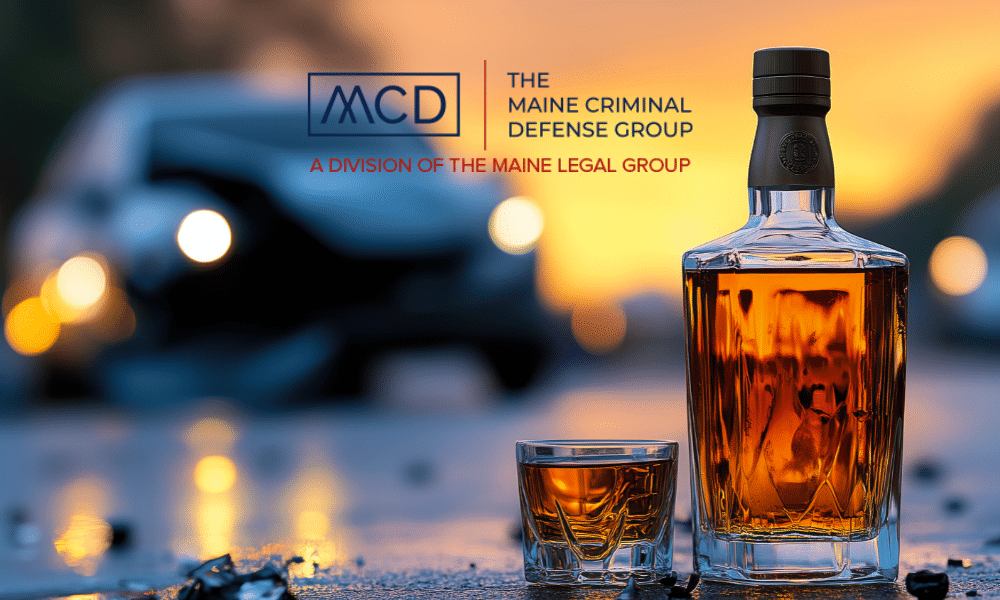
A conviction for an OUI in Maine is accompanied by serious consequences, including heavy financial repercussions. Understanding the court-imposed fines is one thing, but the financial consequences can extend well[...]

OUI cases in Maine usually start when a law enforcement officer pulls over a vehicle. From that point, many things can happen but if the officer even has a slight[...]

January 11th, 2025, in Skowhegan, Maine, a Maine Department of Transportation plow truck sustained a head-on collision caused by a drunk driver on Route 2, as reported by law enforcement.[...]

The tragic events of a fatal car crash in 2023 that claimed the lives of four young people have finally reached a pivotal legal outcome. Noelle Tavares, a former Maine[...]

In most states, there are many different places that the average person can take a driving course to satisfy court requirements as related to an DUI conviction. However, in the[...]
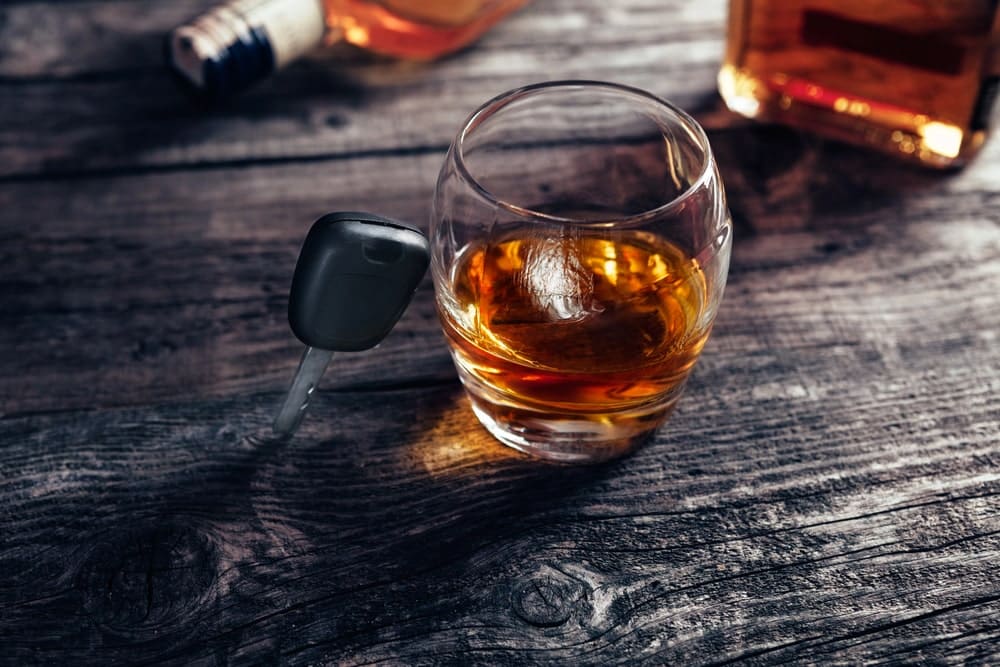
Defending against OUI offenses in Southern Maine Anyone charged with a 2nd OUI in Maine should expect little leniency from the criminal justice system. This makes it even more important[...]
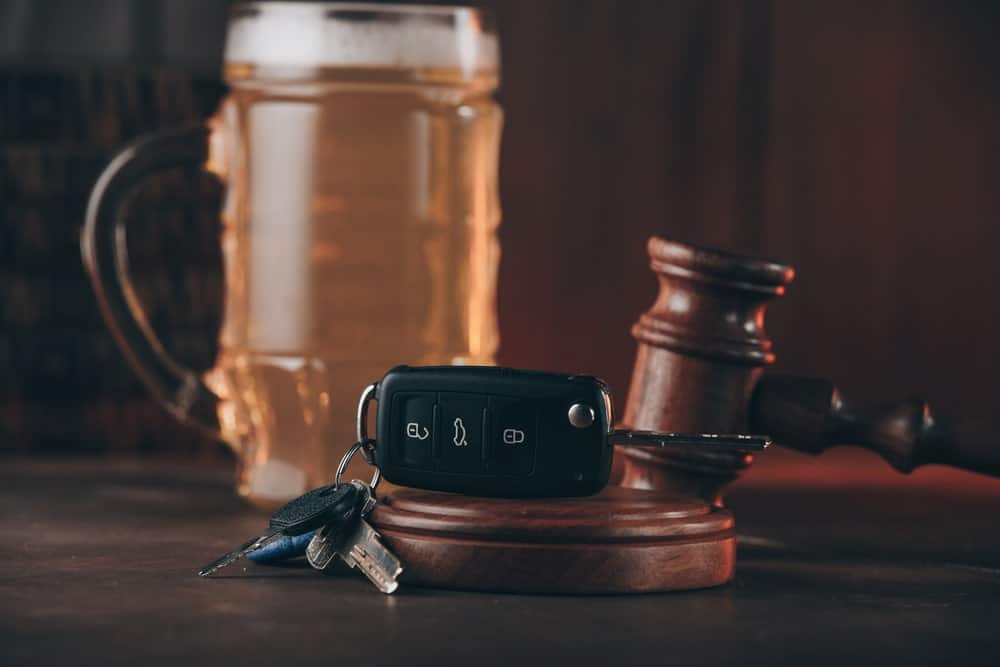
Defending against OUI Refusals in Southern Maine Did you know that it is a criminal offense to refuse to submit to a chemical test if lawfully requested to do so[...]
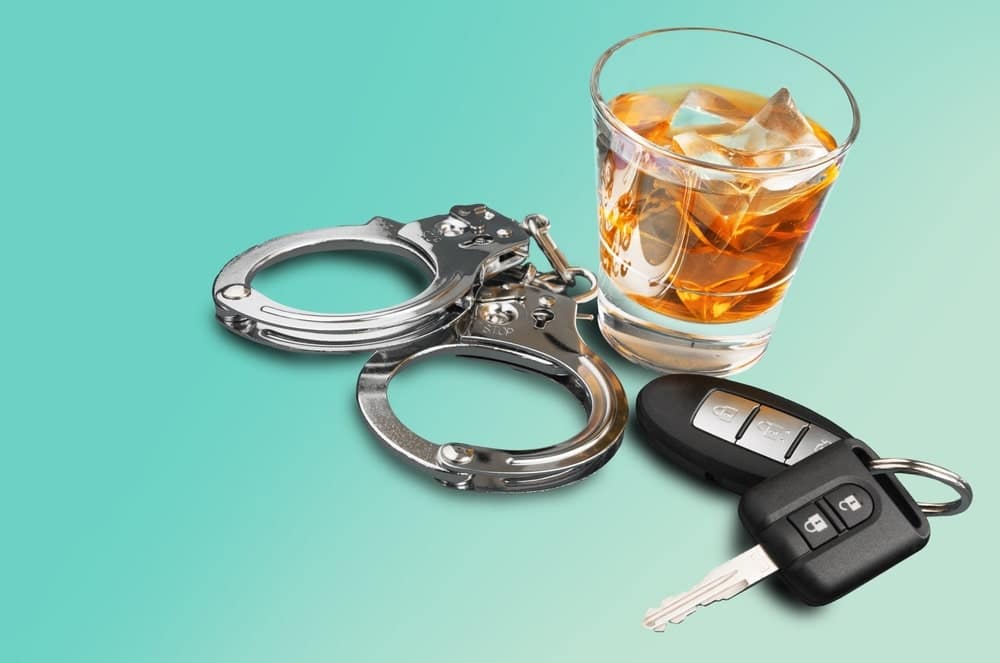
Reducing an OUI charge in Maine OUI charges are handled severely in Maine. For many people, a drunk-driving charge is their first time dealing with the criminal justice system and,[...]

Alcohol laws of Maine While you should be aware of the strict OUI laws in Maine, it’s also important to know about other ways you can face a traffic infraction[...]
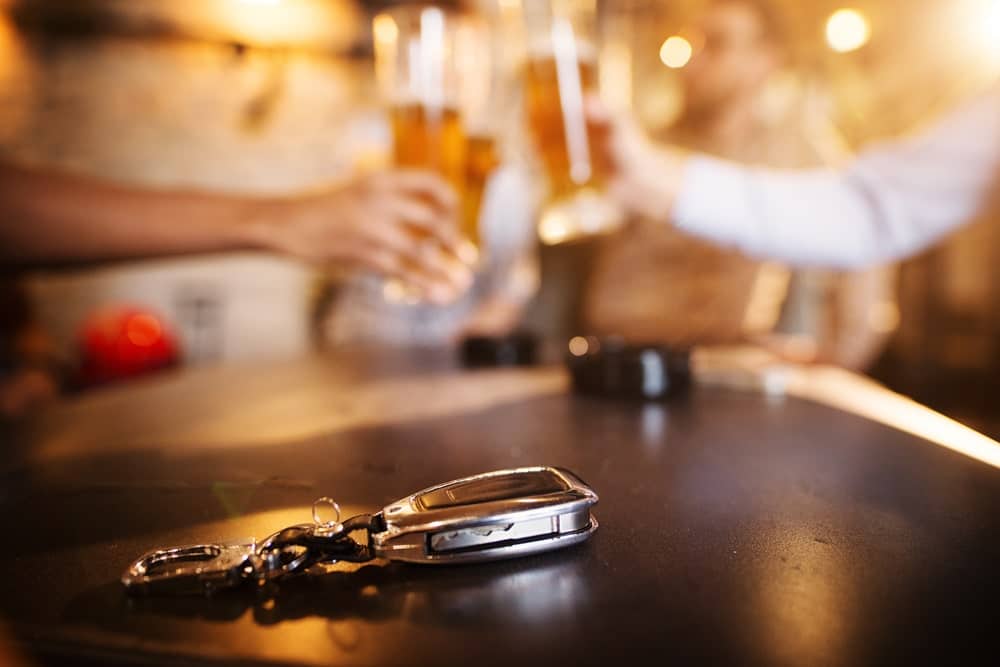
Defending against OUI offenses in Southern Maine A first OUI in Maine can potentially have long-term consequences, but with the right legal representation, alleged offenders can escape the harshest penalties.[...]
